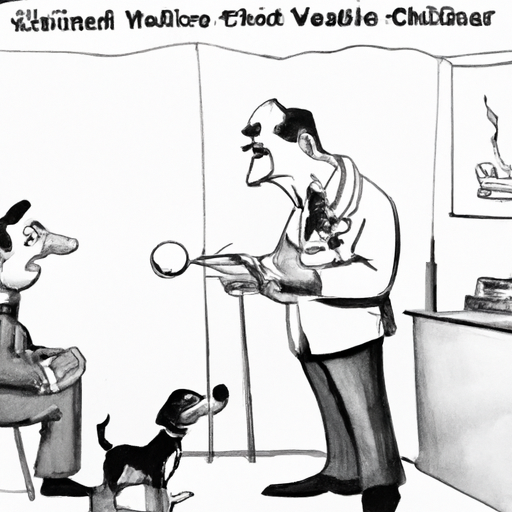Understanding Neutering
Neutering, also known as castration, is a surgical procedure performed on male dogs to remove their testicles. The main purposes of this operation are to prevent unwanted pregnancies in female dogs and to curb certain behaviors and medical issues in male dogs. It is a fairly common procedure that is often recommended by veterinarians for various reasons, including controlling the pet population.
Why Neuter Your Dog
As a responsible dog guardian, you may consider neutering your pet due to the following reasons:
- Population Control: Unneutered dogs can lead to an increase in the stray dog population, causing various problems for the community and the dogs themselves.
- Health Benefits: Neutering can prevent certain diseases, such as testicular cancer and prostate issues, improving the overall health of your dog.
- Behavioral Benefits: Neutering can help curb certain behaviors, such as aggression, marking territory, and roaming.
The Procedure: What to Expect
The neutering process is relatively straightforward:
- Your dog will be put under general anesthesia.
- The veterinarian will make a small incision in front of the scrotum.
- The testicles will be removed through this incision.
- The incision will be closed with stitches.
| Steps | Description |
|---|---|
| Pre-surgery preparation | The dog is fasted and pre-anesthetic blood work is conducted. |
| Anesthesia administration | The dog is put under general anesthesia for the surgery. |
| Surgical procedure | The testicles are removed through a small incision. |
| Post-surgery care | The incision is stitched up and the dog is monitored closely. |
Aftercare and Recovery
After the surgery, your dog may experience some discomfort. As a caring pet parent, it’s your responsibility to ensure their recovery is as smooth as possible. Here are some steps you can take:
- Limit their physical activity for a few days.
- Monitor the incision site for any signs of infection.
- Follow the vet’s instructions regarding medication and follow-up visits.
Long-term Effects of Neutering
Neutering can have long-term effects on your dog’s health and behavior. It can lead to weight gain, so you’ll need to monitor their diet and ensure they get regular exercise. On the positive side, neutering can prevent certain health issues and improve your dog’s behavior.
FAQ
Q: How old should my dog be before getting neutered?
A: There is no specific age. It can be done as early as eight weeks old, but many vets recommend waiting until the dog is a bit older.
Q: Are there any risks to neutering?
A: Like any surgical procedure, there are risks, but they are minimal. Your vet will discuss these with you before the surgery.
Q: Will neutering change my dog’s personality?
A: Neutering can reduce certain behaviors, like aggression or marking territory, but it won’t change your dog’s core personality.
Q: How long will my dog take to recover?
A: Most dogs recover from the surgery within a couple of weeks, but you should follow your vet’s specific advice.
Remember, neutering isn’t just about controlling the pet population. It’s about giving your dog a healthier, happier life. As a caring guardian, you want what’s best for your furry friend. And sometimes, that may mean making the decision to neuter.



